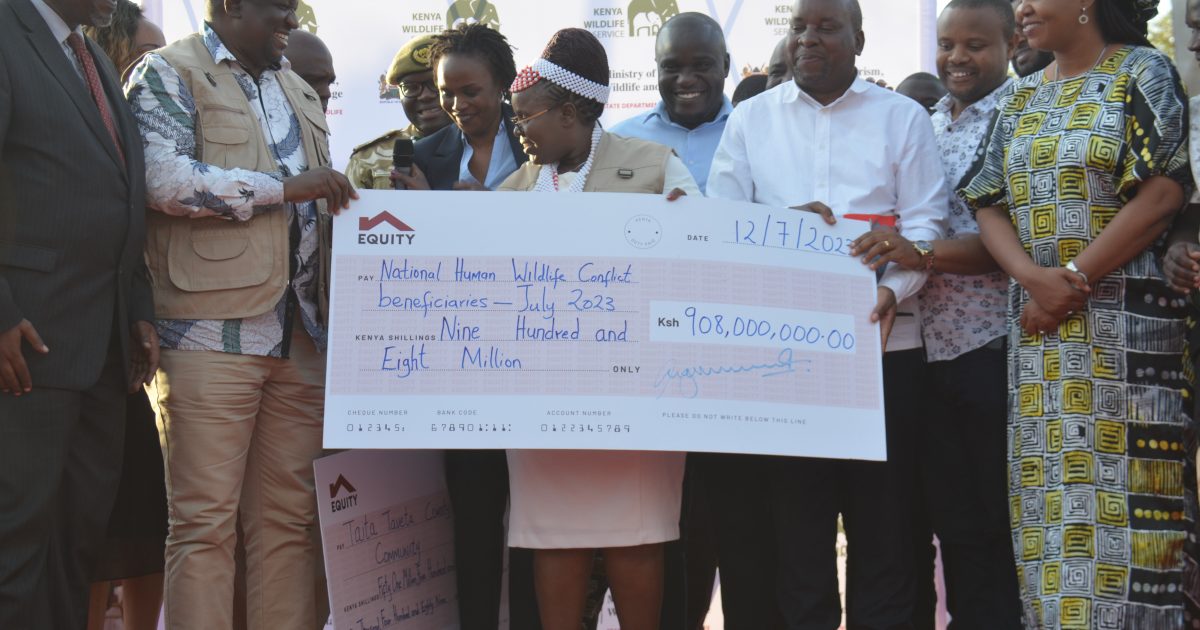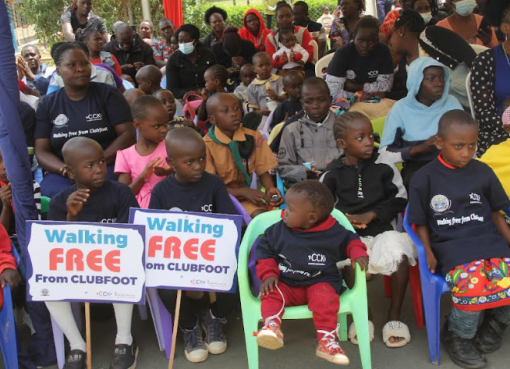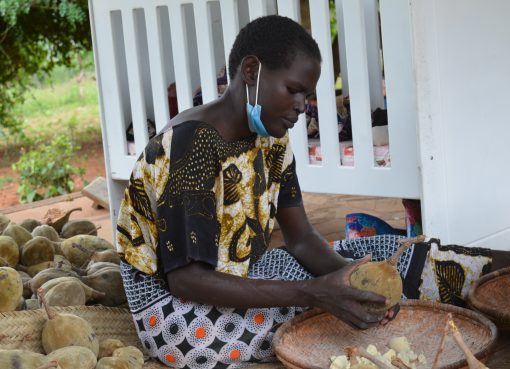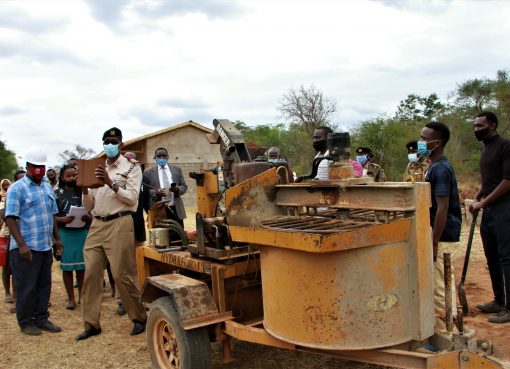The government has released Sh908 million as compensation to thousands of farmers for claims on deaths, injuries and losses caused by human-wildlife conflict across 46 counties.
Tourism and Wildlife CS Peninah Malonza said the money would partly compensate all categories that qualify for compensation as per the Wildlife Management and Conservation Act 2013.
The categories include deaths, injuries, crop destruction, and livestock predation amongst others. This compensation covers claims from 2014 to 2019.
Speaking at Moi Stadium in Voi during the launch of the national human-wildlife conflict compensation program, the CS stated the funds released would cover a significant percentage of the total claims received from farmers in conflict-prone regions.
She also disclosed that the government had always prioritized compensating for deaths owing to the magnitude of gravity of losing kin or a loved one.
“Compensation for losing a loved one has been prioritized over the years. We intend to pay a substantial part of other categories because they have been delayed for a long time,” she said.
The release of the monies comes as a relief for thousands of artisanal farmers across the country who have been waiting for payments for crop destruction since 2014.
According to KWS data, the government has pending claims worth Sh 5.6 billion from farmers for deaths, and crop and property damage across the 47 counties.
While admitting to funding challenges, Malonza said the government was committed to clearing all pending claims. Already, claims worth Sh2.6 billion that extended to 2020 have already been processed. Another batch of claims worth Sh2.5 billion is currently being processed.
The launch of the compensation program was hailed by leaders as the most deliberate move by the state to show commitment to tackling protracted delays in disbursing billions owed to farmers who have borne the brunt of human-wildlife conflict for ages.
Taita-Taveta Governor Andrew Mwadime said that though the money was not sufficient to cover the hundreds of millions owed to farmers in the region, the release of the money indicated goodwill by the national government to address residents’ plight.
Taita-Taveta County will receive Sh51.5 million to compensate 350 farmers. This is the second-highest amount allocated to the region after Kajiado County.
“Our farmers have suffered long waits. We appreciate this good gesture but still ask the government to clear the pending balances,” he said.
The CS admitted that the financial burden was a significant challenge that created inordinate delays in compensating affected farmers.
She disclosed that as part of the ministry initiative to address the delays, the government had rolled out a compensation insurance program that would settle the farmers’ claims within a month.
The program is being piloted in selected counties. Once declared successful, it will be rolled out to cover the rest of the counties dogged by cases of chronic human-wildlife conflict issues.
In a move to address old claims, the government has further pledged to clear Sh322 million compensation claims that date as far back as the 90s.
The launch was also attended by Mining CS Salim Mvurya, PS Wildlife Sylvia Museiya, County Commissioners from the six counties in the Coast region, and senior political leaders from the county, Director General for Kenya Wildlife Service (KWS) Dr. Erastus Kanga and senior security officials were also present.
Maara MP Kareke Mbiuki, the chair of the wildlife committee in parliament, said that half of the pending claims will be paid by the end of the next financial year to ease the backlog.
The legislator added that outsourcing the role of compensation to an external insurance company as part of a Public-Private Partnership (PPP) would expedite payments while injecting much-needed due diligence into the verification and authentication of farmers’ claims.
He added that half a billion shillings have been set aside to jump-start the insurance piloting program.
“This program is meant to fast-track claims and eliminate delays from farmers. Once operationalized, farmers will be receiving their monies promptly,” he said.
According to data, the allocation for compensating victims of human-wildlife conflict has been increasing from Sh400 million in 2021 to Sh1.5 billion in 2023.
However, the prevalence and frequency of human-wildlife conflict across the country make such amounts woefully inadequate to cover the reported losses.
Leaders from the region urged the CS to open up Tsavo National Park to local residents for grazing when the drought came and to allow mining activities.
Senator Johnes Mwaruma said Tsavo was a national resource that had gobbled 62 percent of the county landmass yet the region was yet to feel the impact of the park.
He proposed a change of law to decriminalize grazing and mining in the park to allow local residents to earn a living.
While acknowledging that Tsavo National Park had taken a large portion of the county land, the CS disclosed that plans had started to review the park management laws and other relevant statutes to ensure communities bordering protected areas were key beneficiaries of conservation activities.
Amongst the changes proposed include having communities adjacent to the parks benefit from carbon credit programs inside the parks.
The proposal will also compel KWS to engage in road construction and borehole drilling in communities as mandatory CSR activities.
There will also be setting aside a certain percentage of park earnings to support programs like education for children from such communities.
By Wagema Mwangi





